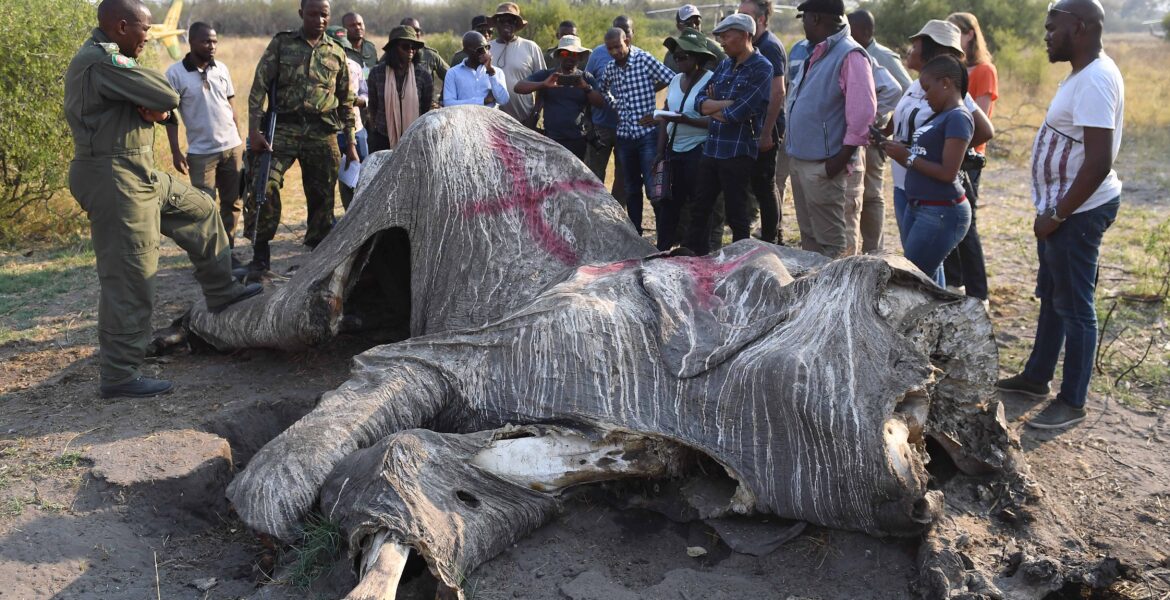… amid allegations of mismanagement and corruption
GAZETTE REPORTER
Botswana finds itself under international scrutiny for alleged mismanagement and corruption within its wildlife conservation efforts following a recently released report on the country’s ability to regulate trophy hunting effectively and provide meaningful benefits to both wildlife and local communities.
Titled Trophy Hunting in Botswana – A Tale of Declining Wildlife, Corruption, Exploitation, And Impoverishment, the report says a high-level delegation of government officials from Botswana made up of a minister, an ambassador, and a wildlife department head was invited to the House of Lords in June 2023 to make a case for the benefits of trophy hunting in their country.
However, questions surrounding the industry’s practices have raised concerns about its impact on both wildlife and the communities living alongside it.
Field investigations, in-person interviews, financial audits, and international policy document reviews were conducted over a year to assess the validity of Botswana’s ability to provide meaningful and tangible benefits to its wildlife and people. The results were as follows:
Non-Compliance with CITES: Botswana has been flagged for non-compliance under the Convention on International Trade of Endangered Species of Wild Fauna and Flora (CITES) due to its failure to submit annual reports.
These reports are crucial for validating the offtake of elephants for trophies in the international trade. This lack of compliance suggests that wildlife conservation efforts in Botswana may not be adequately managed.
Dubious Hunting Quotas: The report reveals that hunting quotas in Botswana are not based on scientific data. The Wildlife Hunting Quota List for 2023 includes a total quota of 356 elephants and 74 leopards, figures considered abnormally high. The list also includes other species such as zebra, buffalo, ostrich, wildebeest, kudu, eland, gemsbok, warthog, baboon, and lechwe.
Unethical Hunting Practices: Evidence of widespread unethical hunting practices has been uncovered, including the overuse of already high quotas, fraudulent practices, corruption, baiting, and hunting near and within photographic tourism zones. The use of aerial support to search for large tuskers and the killing of elephant bulls near artificial waterholes have also been documented.
Community Disenfranchisement: Trophy hunting activities in Botswana appear to be perpetuating a cycle of impoverishment and economic disenfranchisement among communities that were expected to benefit from the industry. This situation obstructs the development of more sustainable activities like photographic tourism, as the financial returns from trophy hunting are minimal, leaving individual community members with little to nothing.
Corruption and Mismanagement: Widespread evidence points to corruption and mismanagement of funds generated by the Community-Based Natural Resource Management (CBNRM) system in areas where trophy hunting is the primary economic activity. This mismanagement and corruption are directly linked to the trophy hunting industry.
Suppression of Scientific Research: The current government in Botswana has revoked scientific research permits of organisations committed to providing peer-reviewed scientific data on the conservation status and ecology of elephants. It has also suppressed those who have raised concerns about unsustainable and unethical hunting practices.

